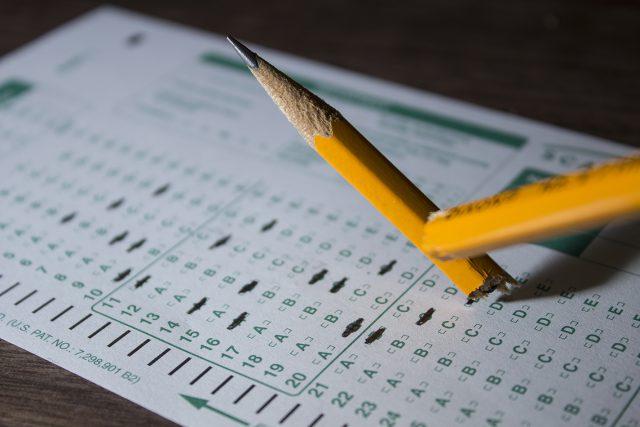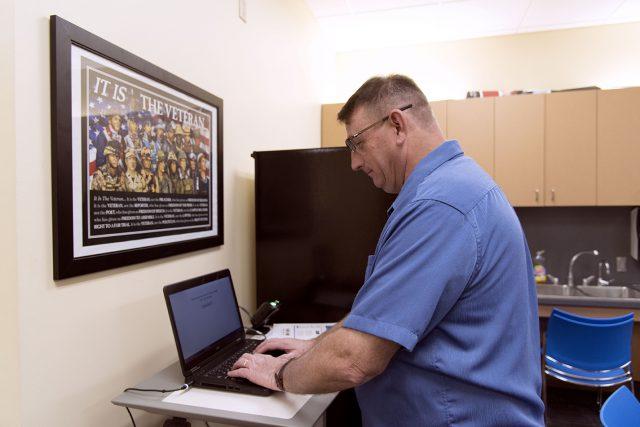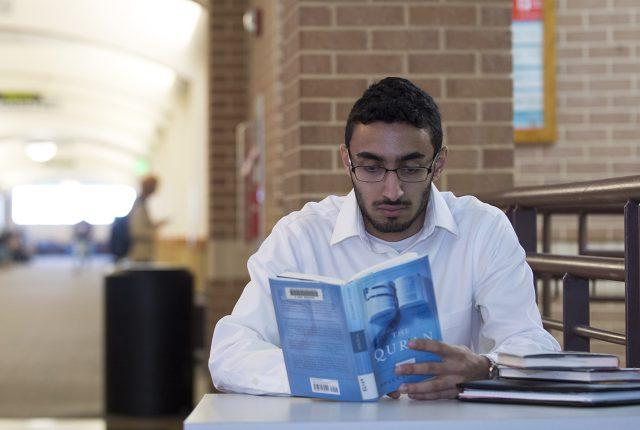By Hailey Creighton/reporter
Growing concerns about mental health and well-being have spotlighted the importance of improving self-esteem, a counselor said during a South workshop Nov. 30.
Many methods for improving self-esteem exist, and Andrew Hill, a therapist and South counselor, covered some in his “Me Too” presentation about the importance and effects of good and bad self-esteem.
A large part of starting to improve self-esteem is recognizing the reason behind bad self-esteem, he said. This is not something that can be taught due to differing ideas on what good self-esteem means.
“Good self-esteem is subjective,” Hill said.
Regardless of the perspective on good self-esteem, he offered the ABCD method of recognizing low self-esteem. Those were activating event, what event triggers low self-esteem; beliefs, how someone believes the situation affected them; consequence of those beliefs, how the beliefs about the situation affect an individual’s behavior; and dispute faulty beliefs, meaning do those thoughts make sense or not.
These steps, he said, can help raise self-esteem through recognizing that situations are often thought out emotionally, not logically.
“Change the perspective,” Hill said. “Look at things from a different vantage point.”
The way people’s self-esteem affects their day-to-day behavior is worth noting, he said. It can have a crippling effect if self-esteem is low for a prolonged time.
“Anybody who at any point in their life has had low self-esteem realizes how important self-esteem is,” Hill said.






































